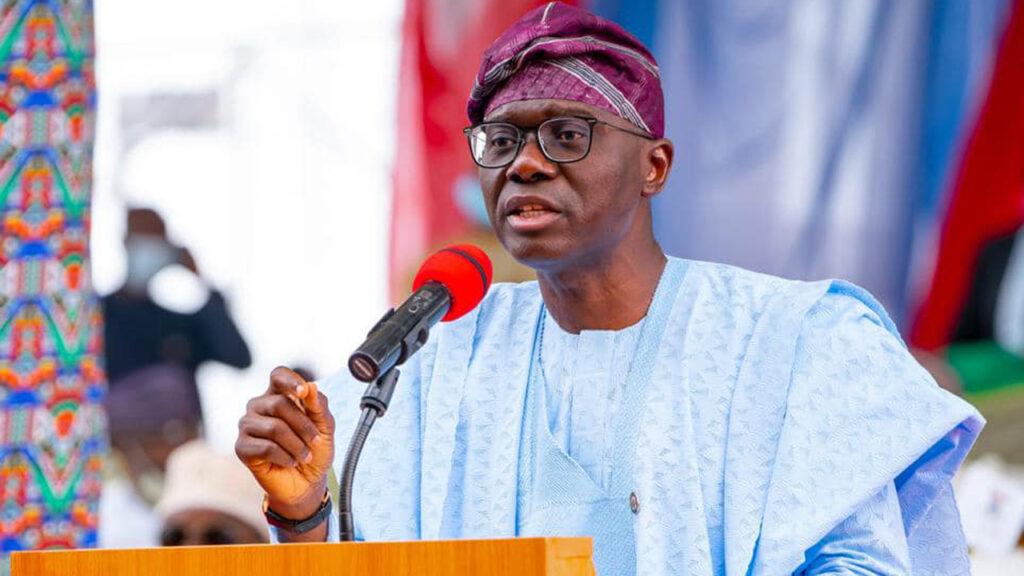
CURRENT REPORT BLOG Lagos State Governor Babajide Sanwo-Olu has brought attention to the pressing issue of water scarcity in Lagos, emphasizing the need for sustainable solutions. Speaking at a United Nations climate change conference-side event in Dubai, the governor revealed that Lagos, with over 22 million residents, is facing a significant water deficit, receiving only 210 million gallons daily out of the required 700 million. This blog post delves into Sanwo-Olu’s call for private and philanthropic financing to tackle the water infrastructure challenges, highlighting the urgency of the situation and the potential risks to public health.
The Water Scarcity Challenge
Lagos, as one of the most populous cities globally, is grappling with an acute water scarcity crisis. Governor Sanwo-Olu acknowledged the gravity of the situation, particularly the impact on underserved communities, where the lack of adequate water poses a heightened risk to public health. With a shortfall of 490 million gallons daily, addressing this challenge requires immediate attention and collaborative efforts.

Sanwo-Olu’s Plea for Support
Governor Sanwo-Olu’s appeal for sustainable private and philanthropic financing is a call to action to bridge the clean water investment gap. He stressed the importance of making committed partners believe in the economic viability of their investments to ensure long-term solutions. The governor highlighted that Lagos requires less than 1% of the global $1.7 trillion clean water investment gap, making it a feasible and impactful endeavor.
The Global Impact
Water scarcity is a global concern, and the situation in Lagos reflects broader challenges faced by urban centers worldwide. This blog post underlines the significance of Sanwo-Olu’s plea at COP28, emphasizing that collaborative efforts are crucial to addressing water scarcity and ensuring a sustainable future. The global community’s support can play a pivotal role in transforming Lagos’s water infrastructure and serve as a model for effective solutions in other regions facing similar challenges.












